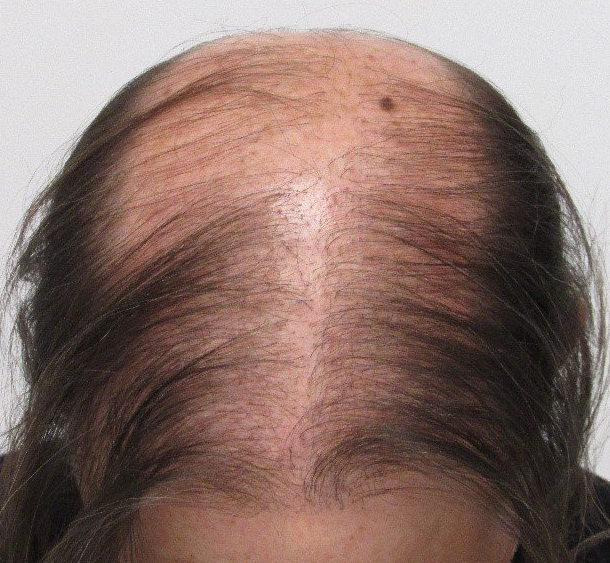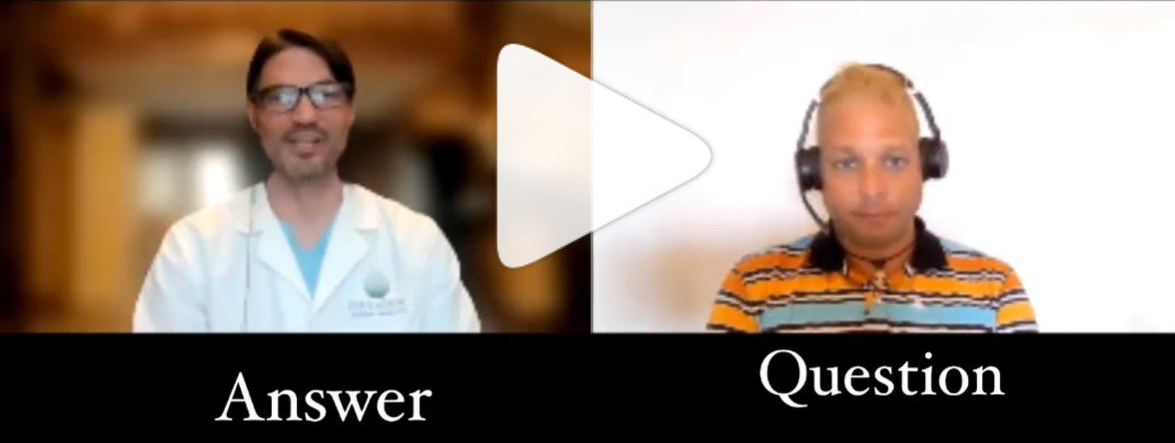Hair Transplant Lies – 5 Biggest Myths About Hair Restoration/Hair Transplants Exposed
Test Your Knowledge on Hair Transplants Here - I Was Surprised to Learn That Most People Don't Know That Transplants Don't Stop Hair Loss.
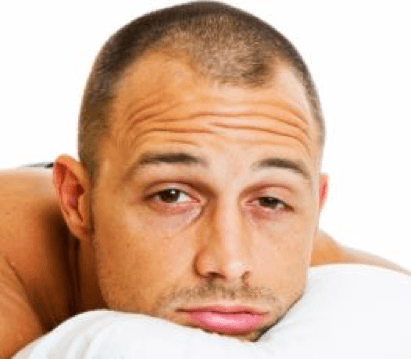
1. Hair Transplants Will Provide you with Immediate Hair
This is FALSE. It generally takes 6 to 12 months before you even start seeing results. Here’s the timeline for what happens during and after surgery:
At surgery – your head will be buzzed so that the transplant surgical robot can easily identify the hairs for harvest. Note that your whole head will be buzzed only for robotic procedures, but these definitely provide you with the least scarring and a more natural looking result.
4 to 9 hours (or more) – is how long the surgery itself will take. Most people are given a local anesthetic to numb the scalp to prevent pain. Some people are also provided with a mild sedative to help you relax during the procedure.
1 to 3 days – scabs will form over the scars in both the donor and transplanted areas of the scalp.
2 to 5 days – bandages can be removed. But you cannot yet touch the grafted hairs or you may displace them.
3 to 10 days – the scabs will fall off.
Up to 2 weeks – Avoid touching your grafted hair as it can be easily dislodged during this period. You may also be advised to cut back on exercise.
2 to 10 weeks after surgery – all the transplanted hairs will fall out.
2 to 6 months – your transplanted hairs will start to regrow gradually, very slowly over time.
6 to 12 months - Most people will start to notice an improvement in density over their pre-surgery hair, some time during the first 6 to 12 months after their hair transplant.
24 months and beyond – The hairs between and behind the transplanted hairs continue to thin and recede. Overall hair will start to look thinner again and another transplant will be needed.
2. Hair Transplant is a One-Time Deal
This is also FALSE. As you can see from the hair restoration timeline above, the non-transplanted hairs will continue to thin and recede around and behind the transplanted hairs so that some time between 2 to 3 years after your initial transplant - you will need your next one. 2 to 3 years after that you will need your third. At Stop and Regrow we even have some clients who have had 9 transplants before they found us.
Here is a picture of one of our clients 10 years after his first transplant. He had two transplants 3 years apart. All the hairs on the top of his head are transplanted hairs. As you can see the rest of the hair on the top of his scalp is no longer there. It continued to thin and recede between and behind the transplanted hairs.
3. Hair Transplants Can Look Like Your Natural Hair
This one is TRUE and FALSE. About a year after your transplant your hair will look great! It will have your newly transplanted hairs grown in plus some of your original hairs in those areas between the transplanted hairs to provide background and make the area look full.
Hairs cannot however be transplanted as close together as they grow on their own. Each hair follicle has its own blood supply that must be transplanted with it. This means that you will also most likely damage the existing hairs in the transplant location which will continue to thin over time. As mentioned above you will continue to need more transplants over time. It is likely that your hair transplant will look great between about 12 months and 24 months after your surgery before it starts to thin again.
4. A Hair Transplant is Less Expensive over the Long Term than Hair Regrowth
This one is FALSE. While this may be true for a single transplant, you are going to need more and will eventually run out of donor hair over time. That means you will need to shave your head anyway. Plus think of the cost of 5 transplants. And yes, your surgeon will most likely reduce the cost of each transplant over time, to keep you coming back. But we have plenty of clients who have had multiple transplants AND used Propecia that have found it not effective over the longer term and then come to us after that combination hasn’t worked. Save yourself the pain and money and just regrow your hair the first time.
5. If I use Propecia after my Transplant it will Stop my Hair Loss from Getting Worse
This one is mostly FALSE. Depending on how aggressive your hair loss is, Propecia which is an older medicine that has a number of issues may not be effective in either slowing down or stopping your hair loss. Some people do find it minimally effective for a short time, but over the longer term the hair loss will eventually overtake it and you will continue to lose more hair. You can read more about Propecia and why it may not be effective for you here.
6. If I have a Transplant My Hair Will Look Just Like the Pictures on the Transplant Surgeon Website after Pictures.
This one is mostly FALSE. This one came as a surprise to me too. After speaking with a number of Stop and Regrow clients who were unhappy after their surgeries I learned that after their surgeries when their scalps did not look as full and wonderful as the after pictures on their sites, asked their surgeons about why that was. The surgeon’s answers: That the clients pictured on their websites were using ALL the different hair restoration services those surgeons offer – including surgery, hair fibers and in some cases also men’s hair extensions (which are extra hairs glued piece by piece in the thinning area to create a fuller look).
So What Are the Alternatives to a Hair Transplant?
Now that you are most likely very disheartened about hair transplants – what can you do instead?
Recommendation 1 – Stop your hair loss from getting worse as soon as possible. The absolutely best way to treat hair loss is prevention. This means as soon as you notice anything – get yourself to a hair regrowth specialist right away. You will notice that I said hair regrowth specialist, not hair restoration expert – who is a hair transplant surgeon who really just wants to sell you surgery.
A hair regrowth expert will be able to first perform lab tests to understand the true underlying cause (or in many cases causes) of your hair loss and all the factors that impact your hair and overall health. It will be different for everyone, so if they aren’t going to do labs – find someone else.
Recommendation 2 – If you have already lost a noticeable amount of hair and you need regrowth as well, then you will need to see a hair regrowth specialist to both stop and regrow your hair. Just like when preventing your hair from continuing to thin you should see an expert who will perform lab tests to understand all the factor impacting your personal situation. They can be different for everyone.
If you are interested to learn more about the Stop and Regrow program we are currently offering no-obligation free phone consultations. You can request yours online here, or call us on (310) 601-4778.
Recent Articles From Our Blog

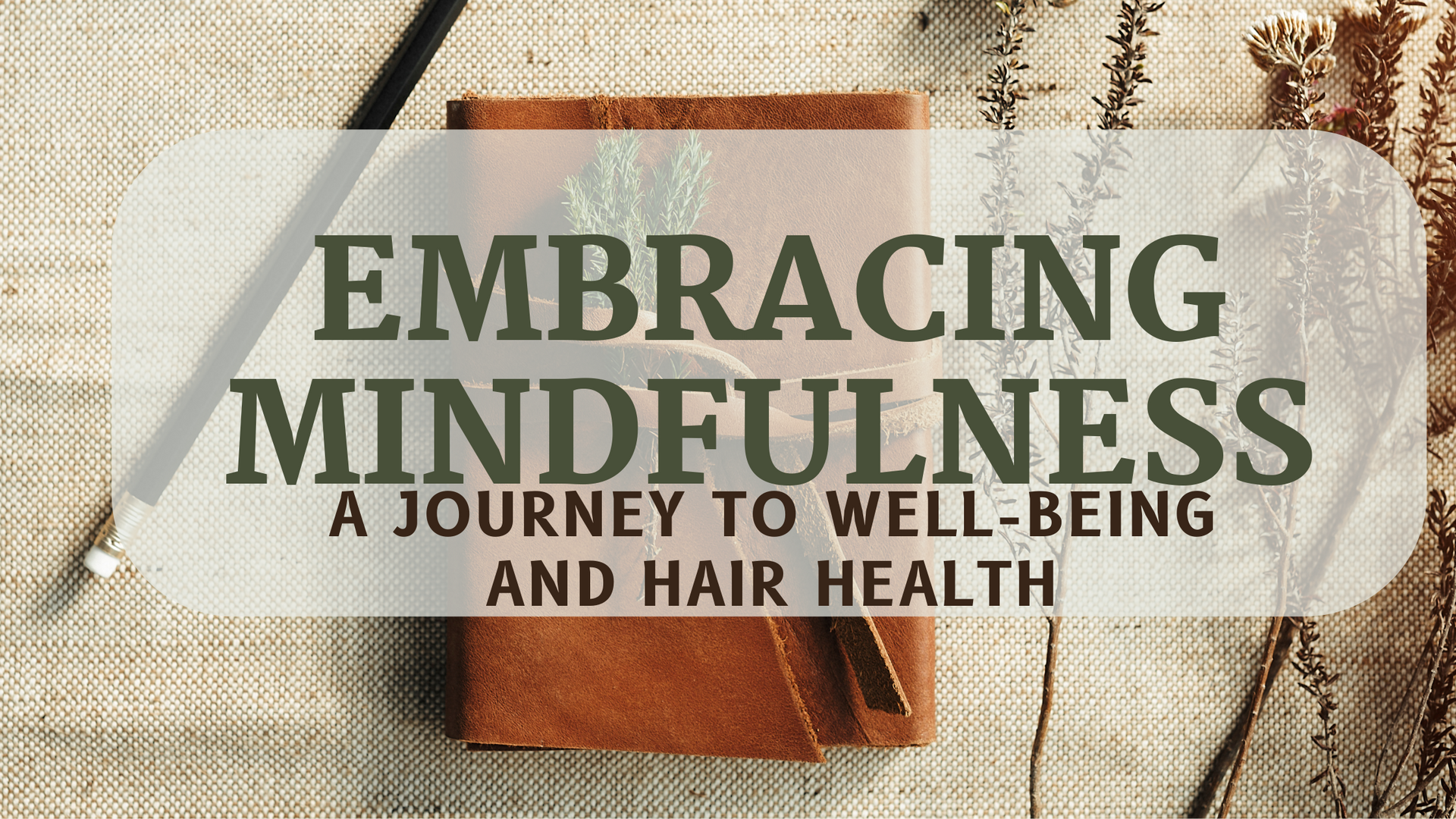


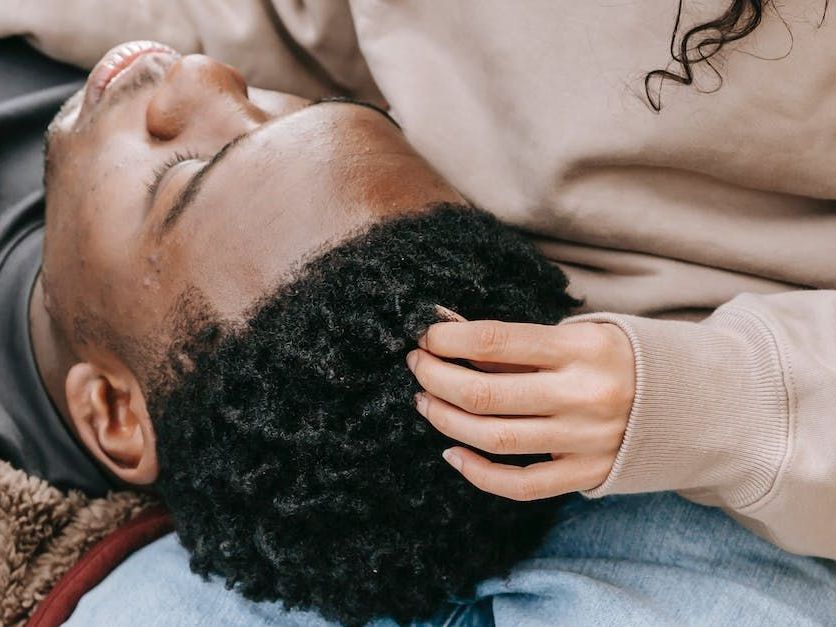
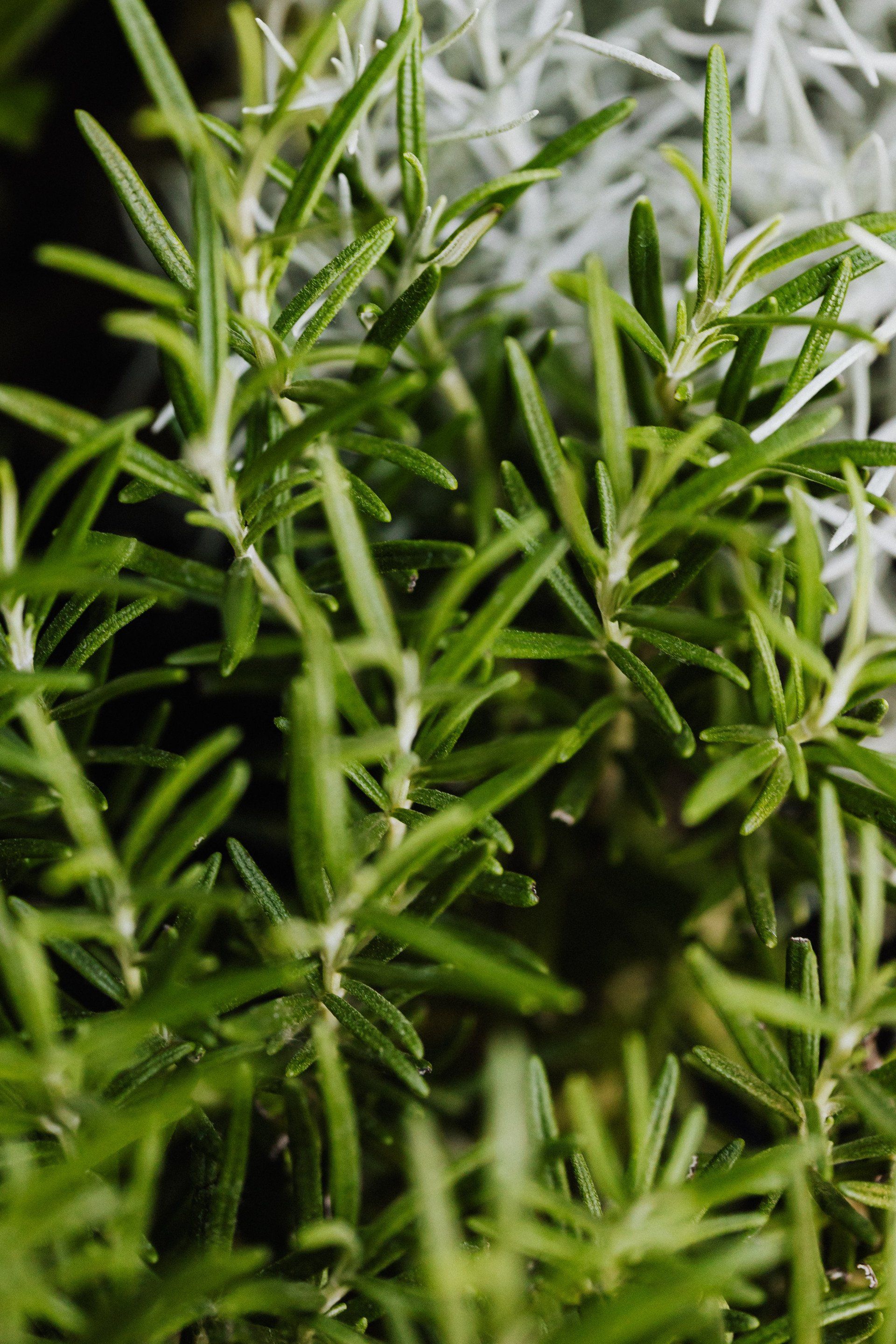
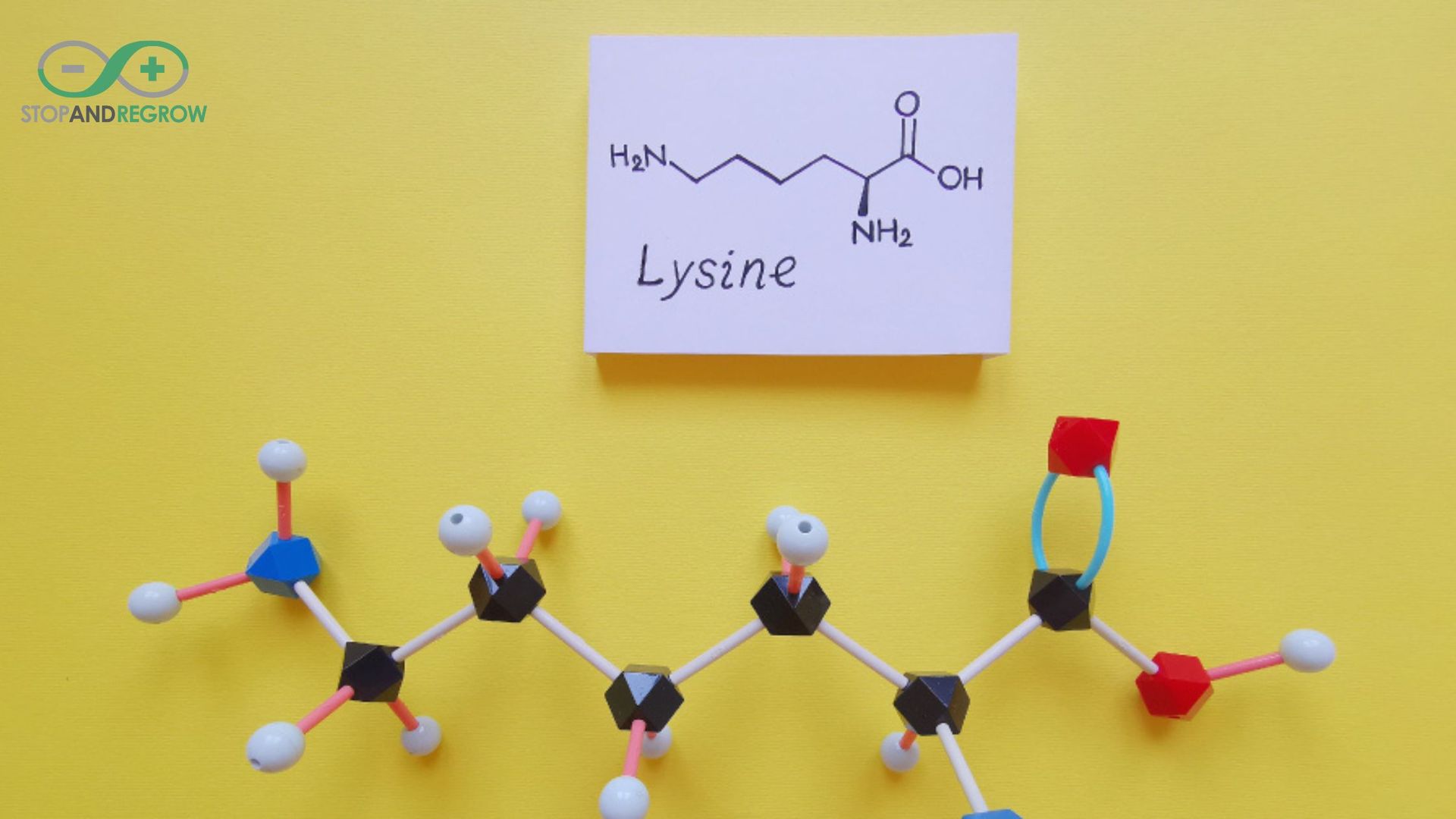
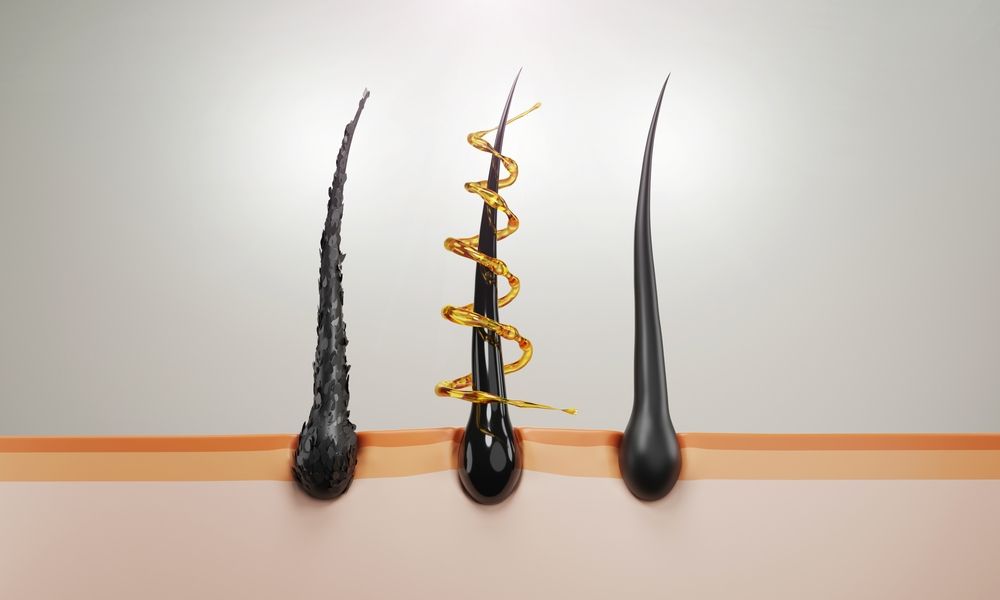
By providing your SMS number you opt in to receive occasional text messages from us. We will not ever sell or provide your data to third parties and you may opt out at any time.. Message and data rates may apply.. SMS Terms & Conditions

